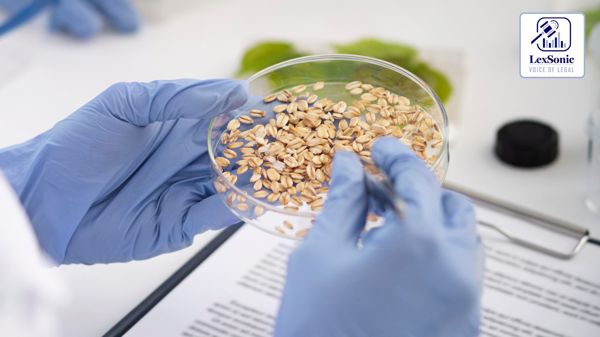Public Interest vs. Business Interest: Supreme Court Navigates Writ Petition on Religious Offering Procurement.
06 March 2024
Food Adulteration >> Consumer Rights
A major Hindu festival is approaching, and a crucial ingredient for a sacred food offering at a revered temple is unavailable due to failed quality checks. This was the dilemma faced by the Travancore Devaswom Board (TDB) responsible for managing the Sabarimala Temple in South India. Their solution – local sourcing of cardamom – sparked a legal battle that recently reached the Kerala High Court.
Facts:
- The Travancore Devaswom Board (TDB) is a statutory and autonomous body responsible for managing certain temples in southern India, including the Sabarimala Temple. One of its functions is the preparation and distribution of Aravana Prasadam, a sacred food offering for devotees.
- In order to procure cardamom, a key ingredient in Aravana Prasadam, TDB issues tenders.
- In 2022, TDB issued tenders for cardamom procurement, but all bids were unsuccessful due to the cardamom exceeding permissible pesticide limits.
- As a major festival approached, TDB faced the urgency of acquiring cardamom. Given the failed tenders, they invoked an urgency clause and authorized local sourcing of cardamom.
- Respondent no. 1, a previous supplier of cardamom to TDB, had participated in the earlier tenders that were cancelled. They subsequently filed a writ petition challenging TDB's local procurement method.

Conclusion:
- The Court held that the Kerala High Court erred in entertaining the writ petition filed by Respondent no. 1. The Court determined Respondent no. 1's petition stemmed from business rivalry and lacked genuine public interest. As an interested party with a potential conflict, Respondent no. 1 lacked the proper standing to bring the petition.
- Even absent the issue of petitioner standing, the Court found TDB's actions in procuring cardamom locally to be reasonable. The urgency due to the approaching festival and the failed tenders justified the deviation from the usual tendering process.
- The Court found it unnecessary to decide whether TDB qualified as a "food business operator" under the Food Safety and Standards Act, 2006 (FSS Act) as the first issue regarding petitioner standing disposed of the case.
- While the Court-ordered analysis by the Food Safety and Standards Authority of India (FSSAI) found the existing stock of Aravana Prasadam to be safe for consumption, TDB opted not to distribute it. The Court directed the State Government to destroy the existing stock following proper procedures.
